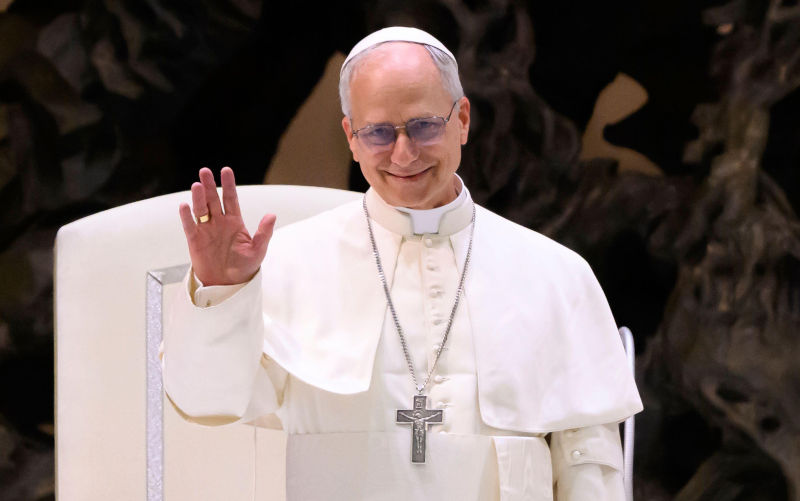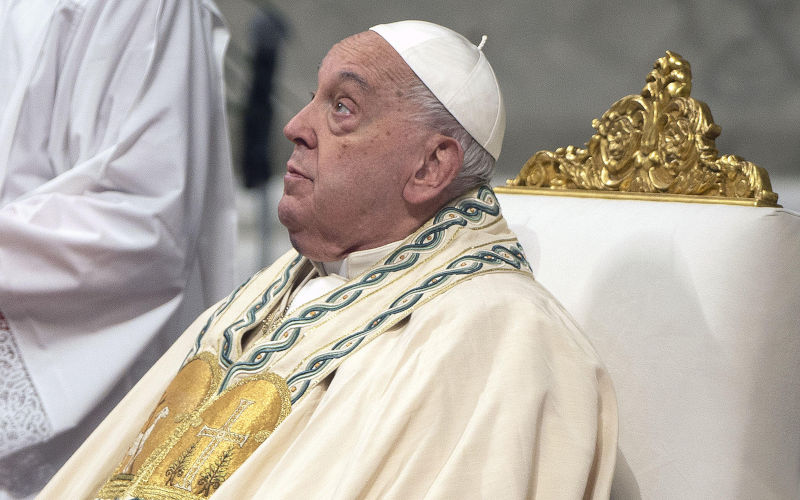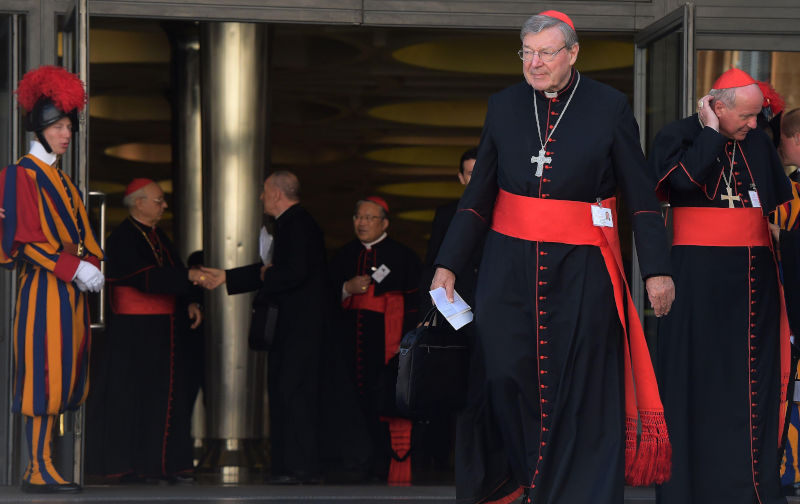Terry's recent articles

12 December 2025
Why the Vatican’s latest word on women deacons has angered reformers
A newly released Vatican document on women deacons has sparked anger among Catholic reformers, revealing deep resistance to change, clericalism, and the marginalisation of women in church leadership.

12 January 2025
This year should be a good one for the Australian Catholic Bishops
Australia’s Catholic bishops have every reason to look forward to a busy and productive 2025. The recent report of the Synod on Synodality, promptly and emphatically endorsed by Pope Francis, charts a clear course and calls for “rapid implementation” of a raft of initiatives. What’s more the Synod insists bishops work collaboratively with their laity, on an agenda with clear reform priorities that align with repeated calls by Australian lay Catholics.

27 January 2024
Australia Day 2024 poses more than the usual challenges
January 26 poses more than the usual challenges in 2024. Barely 100 days since the failed referendum there is the real prospect of the respective advocates and supporters reigniting a process, the only real outcome of which was community division. There is the risk of stirring more pain for some and a sense of triumphalism for others. More than ever Australia Day is the nation’s enduring puzzle.


25 August 2022
Catholic Plenary outcomes compromised by process
The outcomes of the Catholic church’s recent Plenary Council (PC) can fairly be described as modest and qualified. The process however was a disgrace and unworthy of a Pope Francis inspired synodal church.

30 June 2022
Catholic Bishops playing the Plenary with questionable spirit
Australia’s Catholic bishops seem to think they own the franchise of the Holy Spirit and are prepared to manipulate the Plenary process to back their foolish claim.

24 March 2022
When Catholic bishops play dirty nobody wins
The Australian Catholic Church's Plenary Council is heading for the rocks amid sharp recriminations. What was meant to be a showcase of genuine listening and walking together is unravelling with an unedifying lack of goodwill from the bishops.

24 September 2021
Cracking open the Plenary Council: Helpers wanted for Mark Coleridge and the Holy Spirit. Part 2
Mark Coleridge will be a pivotal figure in the plenary “summit” on reforms in the Australian Catholic Church. But will the support of Pope Francis, many lay Catholics and possibly the Holy Spirit be enough to shift the Pell acolytes?

23 September 2021
The Australian Catholic Church’s angle of vanishing stability
Real leadership is needed at the Australian Catholic Church's Plenary Council, to be held next month. Without it, the church risks sinking.
26 May 2021
The struggle for real reform in the Australian Catholic Church: Catholics and their bishops are at odds
Australians should be concerned about what is happening currently in the Catholic church. Catholics are engaged in a review of their church in this country, yet there is growing evidence the process is being manipulated.
26 July 2020
Wattle as Nation Brand - Enjoy the glow, love the symbolism
The recently announced Nation Brand, featuring an Aboriginal-inspired golden wattle blossom, is the latest recognition of our national floral emblem. The Nation Brand initiative is an opportunity for our emblem, with its ancient past, to lead us into a confident future. Are we up to the challenge?
29 June 2020
National Plenary Council Discernment Reports.
The purpose of the Discernment reports is, seemingly, to inform the development of an agenda for the formal sessions of the Plenary Council of the Australian Catholic Church. The documents are important in determining the success or otherwise of the PC. However, the six papers fail to bring together a coherent picture of the real issues confronting the Australian church and provide little confidence that an incisive and meaningful agenda will emerge.
